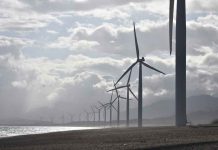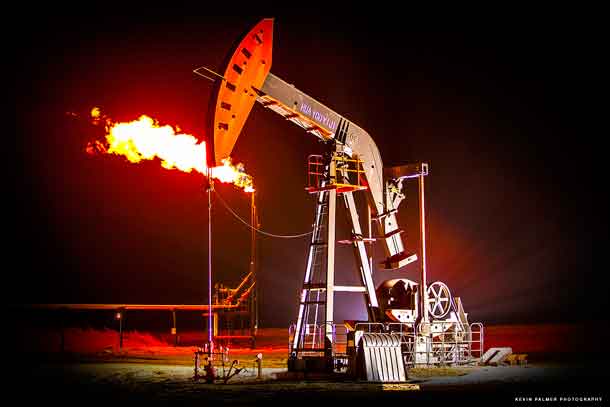Wyoming and Texas are considered far more attractive for investment than any Canadian province, including Alberta, according to this year’s survey of petroleum-sector executives released today by the Fraser Institute, an independent, non-partisan, Canadian public policy think-tank.
“The message from investors is clear—Canada’s onerous and uncertain regulatory environment continues to hurt the investment attractiveness of the country’s oil and gas industry,” said Elmira Aliakbari, director of the Fraser Institute’s centre for natural resource studies and co-author of the latest Canada-US Energy Sector Competitiveness Survey.
The survey of senior oil and gas executives, conducted between May and September of 2022, ranks 15 North American jurisdictions (12 states and three provinces) based on policies affecting oil and gas investment.
This year, out of the 15 energy jurisdictions included in the survey, Wyoming ranked 1st followed by Texas (2nd) and Oklahoma (3rd). Saskatchewan—Canada’s highest-ranked province—was 6th while Alberta ranked 12th and British Columbia ranked 14th.
Respondents pointed to the uncertainty concerning environmental regulations and disputed land claims as well as the cost of regulatory compliance as major areas of concern in Canadian jurisdictions compared to US states.
In fact, on average, 62 per cent of respondents were deterred by the uncertainty concerning land claims in Canada compared to 24 per cent in the United States.
Likewise, 73 per cent of respondents said they were deterred by the cost of regulatory compliance with respect to Alberta, compared to just 17 per cent for Texas and 10 per cent for Oklahoma.
“Policies matter, and when investors are clearly indicating they would rather invest in American states instead of Canadian provinces, policymakers should take note,” said Julio Mejia, a policy analyst at the Fraser Institute.







